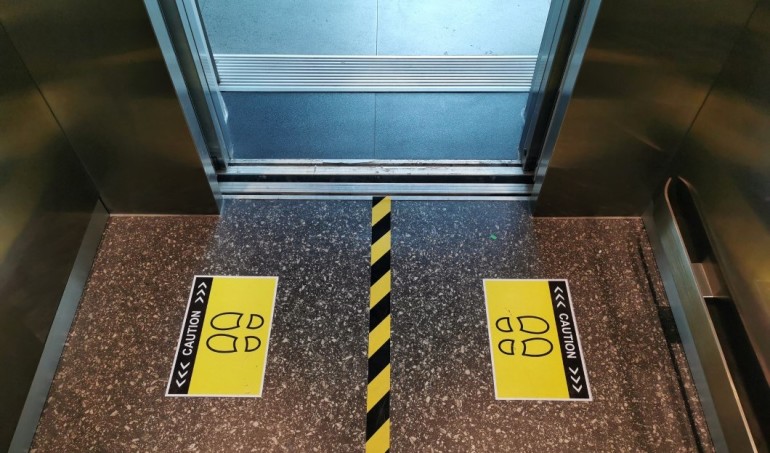Sponsored Listings:
The recovery of the Spanish hotel industry will begin next year, and some believe it could perform at pre-coronavirus crisis levels by 2022, according to the report Hotel Market Outlook COVID-19 prepared by CBRE, a hospitality consulting company.
The hospitality sector in Spain has been hit hard by the pandemic. According to Exceltur, the main industry lobby, a drop of more than 81% in hotel activity may be expected this year, which would have an impact of 124.150 million euros.
The industry could see “a strong rebound” in demand in 2021, according to the report, which will be divided into three phases starting with domestic demand, followed by short-term demand, and ending with the recovery of long-term holidays.
Experts point out that fixing Spain as a brand will have an “important role” in the industry’s recovery, and that the destinations with the most exposure to international demand will have to make significant efforts by offering lower prices in order to attract domestic demand.
On the other hand, leisure travel and holiday tourism have a greater chance to recover than business tourism, which will be heavily affected by international travel restrictions, containment of business expenses and the influence of telecommuting (working from home).
The report highlights that the Spanish hotel industry, with 85% of the demand for holiday and leisure travel, could recover more quickly than other countries, especially in coastal and leisure areas with high domestic demand.
According to the report, the destinations with the highest domestic demand, that is, those that concentrate more than 60% of national tourists, are the coasts of Valencia, Castellón, Almería, Cálida, Tropical, Costa de la Luz and Basque.
Last year, Andalusia was the preferred destination for the Spanish travelers, with 16.9% of the total trips made in 2019, followed by Catalonia (13%) and the Valencian Community (10.2%). The destinations visited a lesser extent were La Rioja (0.8%), Comunidad Foral de Navarra (1.5%) and Baleares (1.7%).
Costa Brava, the Balearic Islands, the Canary Islands and Costa del Sol, which welcome less than 35% of domestic tourists, will have to offer competitive prices in order to attract national demand.
The international demand will be more affected by the COVID-19 crisis and will take longer to recover due to travel restrictions and changes in flight routes. Work trips are also expected to be limited, and large events, which attract many travelers, won’t be held this year and will reduce the allowed capacity in the future.
However, hotels overall could benefit from a shift in consumer preferences towards safer and cleaner establishments compared to Airbnb or similar vacation rental platforms.
On the other hand, the report argues that the recovery of the Spanish hotel market will be different depending on the size of hotel companies. In the case of large chains, the speed of recovery will depend on the destination diversification; while smaller groups, highly exposed to fixed lease contracts, may struggle.
Owners and tenants will have to negotiate temporary agreements to assure the economic viability of hotels, and termination clauses in leasing contracts will become more flexible for both parties. Additionally, investment opportunities will arise during this period, which may increase if the standstill continues.
Source: tourism-review.com










